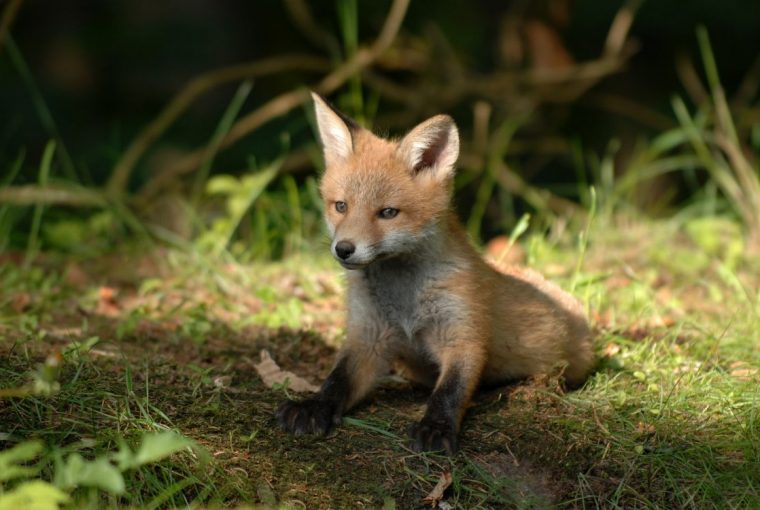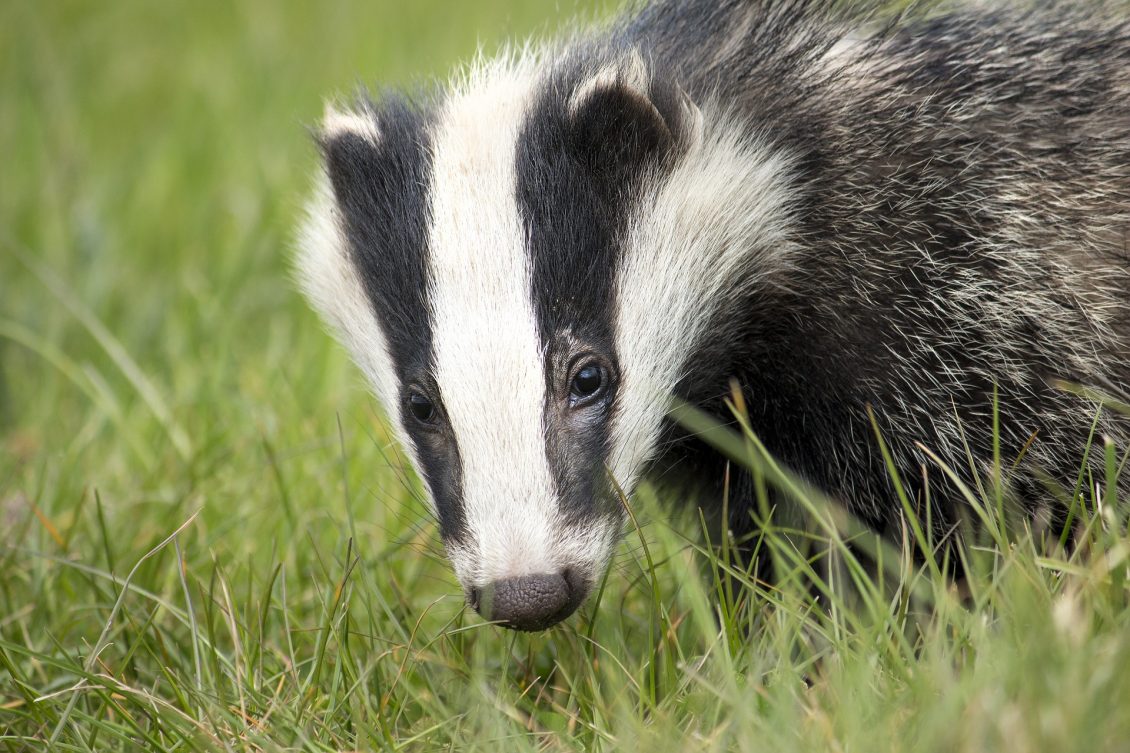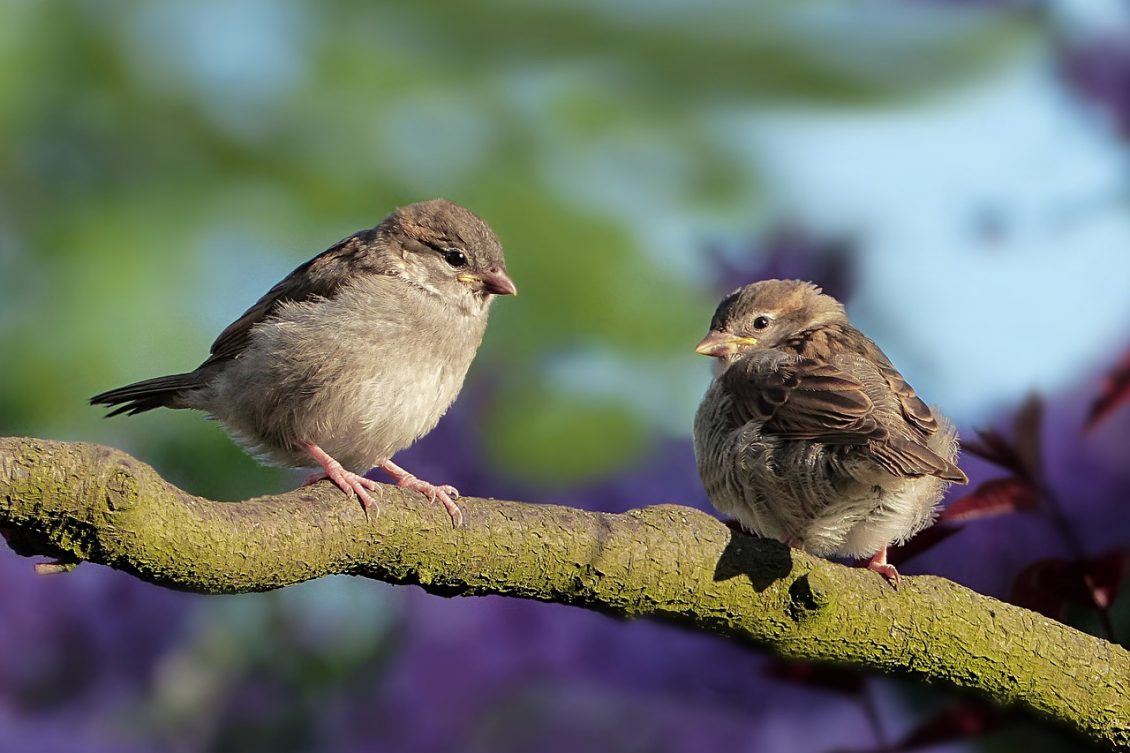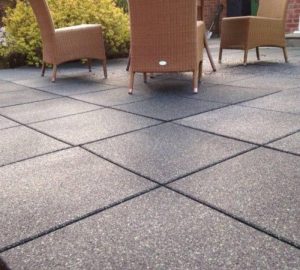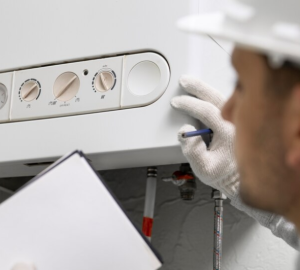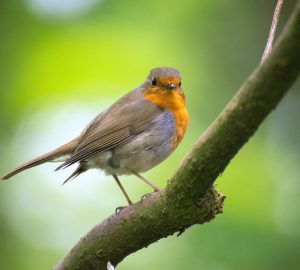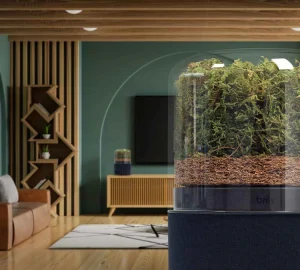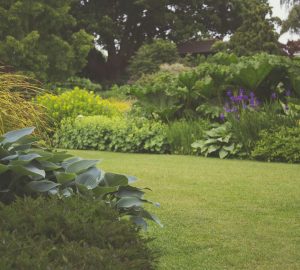This summer, the UK saw some of the highest temperatures it has seen in a good few years, with peaks reaching up to 40°C in areas such as London and all along the south coast.
With these soaring highs, came unbelievable lows, as we watched some of our most prized countryside burn with wildfires. Dry grass and foliage caught fire and destroyed much of our wildlife’s habitat and put many surrounding homeowners at risk.
These wildfires were reported across the UK, but on the 26th and 27th June, two different fires broke out in Somerset and Devon, causing chaos for commuters and destroying a large area of the grassland that our wildlife relies upon.
Taking care of UK wildlife after the wildfires
Although the wildfires had a huge impact across many different areas of life, there was none more devastating than the effect these fires had on our UK wildlife.
The grass and moor land is the main habitat of some of our most popular species of wildlife, including foxes, rabbits, badgers and multiple types of birds including grouse and pheasants. The destruction of these habitats has meant that many of these animals have now been left without a home or a safe place.
With this in mine, there are things we can do to help our wildlife and wild bird population in the aftermath of these devastating wildfires. Just a few small acts can make a huge difference.
Making a difference in your own garden
By making small changes and gestures from the comfort of your own home, you can lend a helping hand to animals and birds looking for some respite and recovery. Why not try out a few of the following?
- Contact the RSPCA or local wildlife shelters, should you find an animal injured or still struggling after the wildfires.
- Make sure to provide plenty of food and water in your back garden, making it easily accessible. This can be a life saver even after the local wildlife recovers from the fire:
- Cat/dog food for foxes, hedgehogs and badgers
- Wild bird food for any wild birds that may visit your garden – Remembering to keep wild bird feeders clean so as not to spread disease.
- Provide plenty of cover and shelter for wildlife, this could be bird boxes, hedgehog houses or even DIY hideouts created from garden furniture, shrubberies and other foliage.
By doing one small act like those suggested above, you could help provide a safe habitat for an animal or bird affected by the wildfires. Even simply providing extra wild bird food and dog/cat food for four-legged garden visitors, you’ll be making a huge difference to the way that the UK wildlife recovers from these devastating wildfires.
